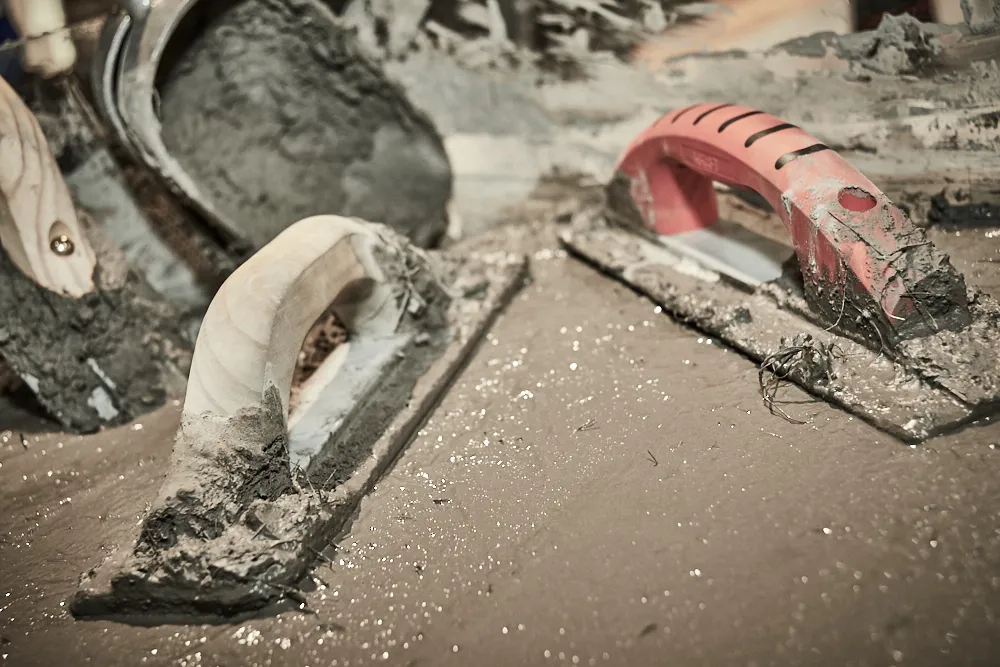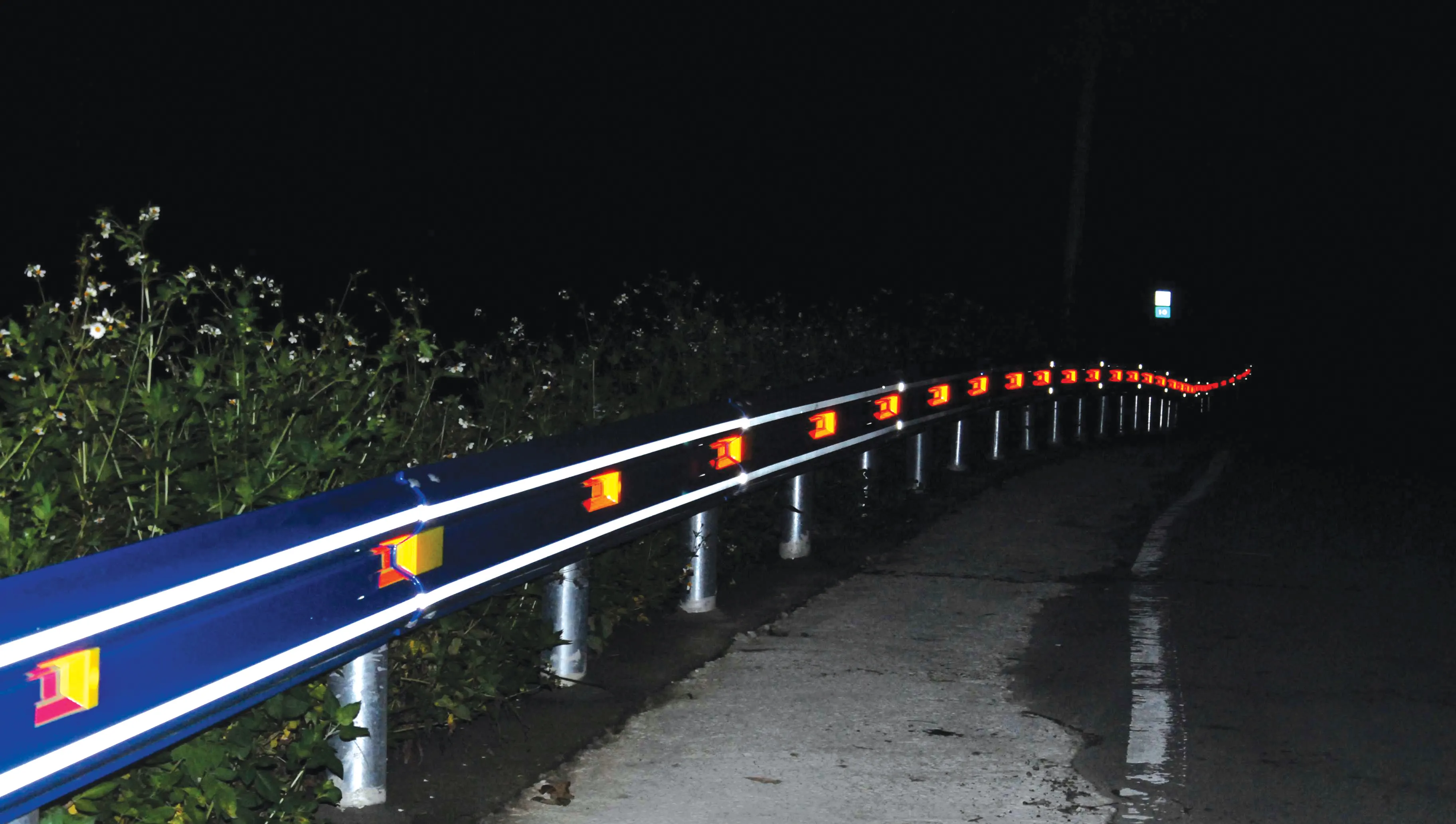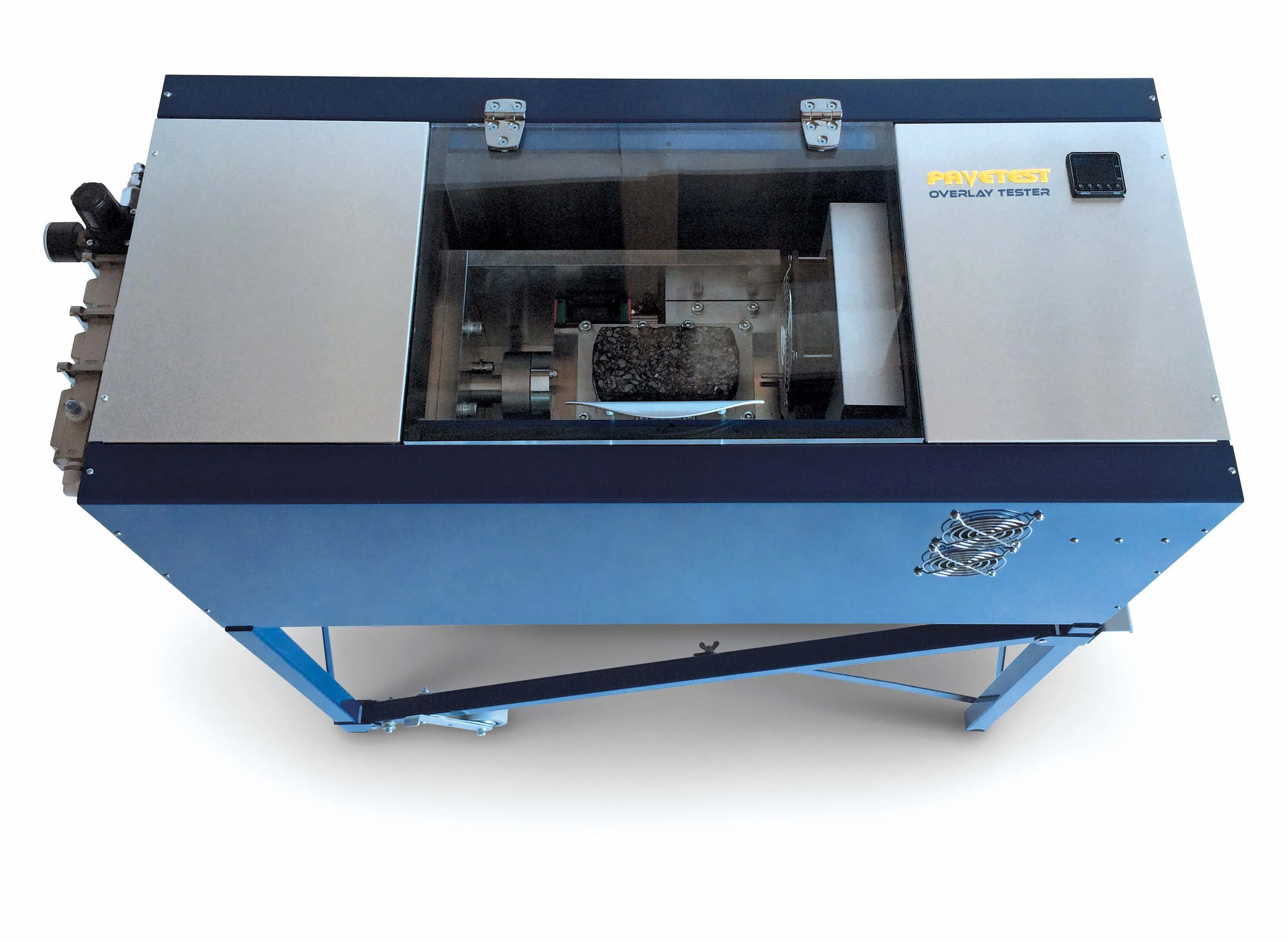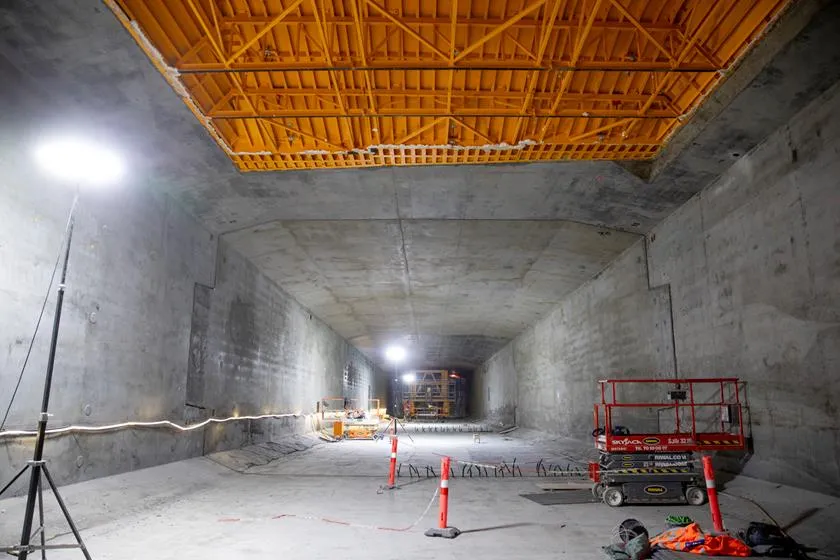
“The challenge with microfibres is to improve both mechanical performance and aesthetic performance - our new hybrid fibre does both,” says Dan Vojtko, product manager for the admixture systems business of BASF’s Construction Chemicals.
MAC 360 FF offers a non-corrosive, three-dimensional, secondary reinforcement alternative to conventional welded-wire reinforcement, small diameter bars and steel fibres. The fibre is made from a proprietary blend of polypropylene resins and will produce fibre-reinforced concrete that meets the ASTM C1116/C116M standard.
The hybrid fibre provides effective crack and plastic shrinkage control and reduced settlement cracking, while effectively increasing the post-crack residual strength, flexural toughness, and impact and shatter resistance of concrete, claims the company. Importantly, it will also produce a high-quality finish that looks and feels like plain concrete, says Vojtko.
Typical applications for MAC 360 FF include hand-trowelled concrete, concrete pavements, architectural panels, and slabs for industrial, warehouse, commercial and residential use.









